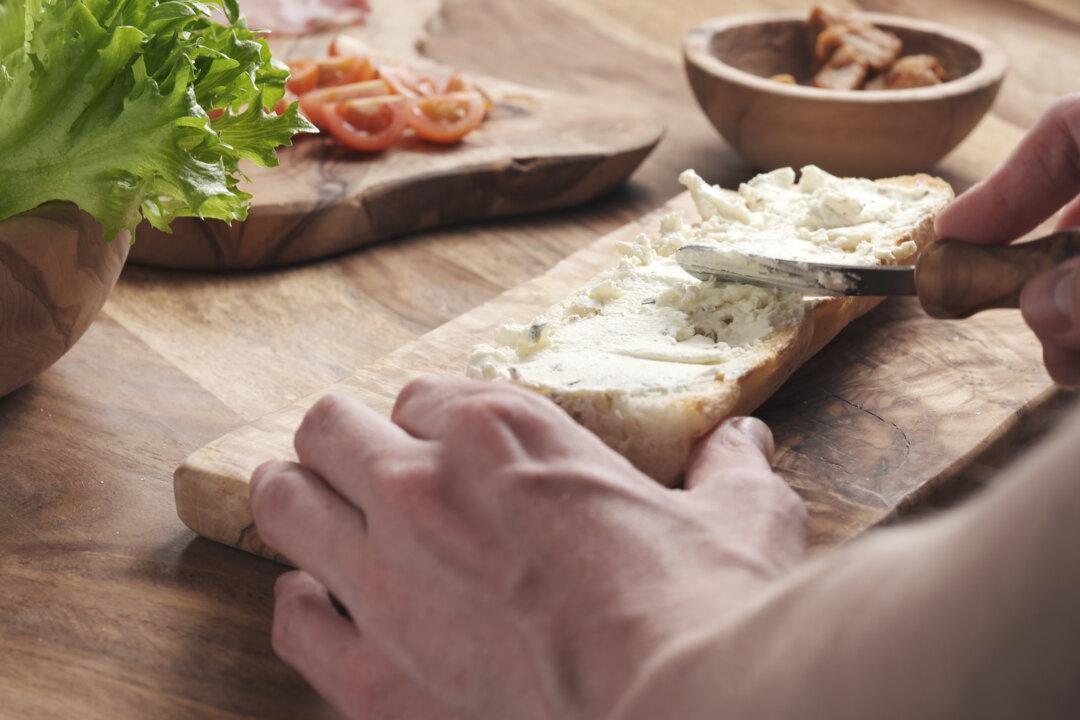BRUSSELS—Europe’s top court has ruled that the taste of a food can’t be protected by copyright in a landmark case that has pitted two Dutch cheesemakers against each other.
Judges at the European Court of Justice (ECJ) said the sensation of taste is unique to each individual and that there is no scientific way of quantifying what constitutes a distinctive flavor.




